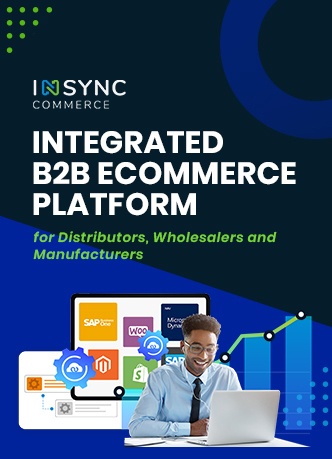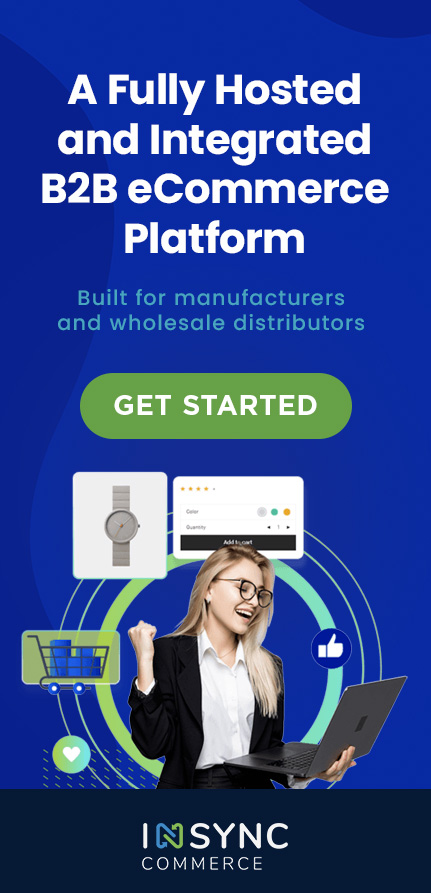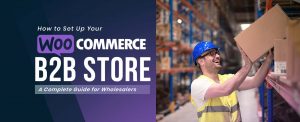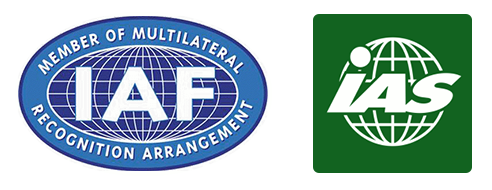We explore this question “Should online stores target Tier 2/3 cities?” by first trying to understand the demographics of what people call ‘Tier 2/3’. It is important to do so, being clear about the person who buys our goods is single most important data to enable targeted marketing strategies. Once we do this, we will proceed to understand strategies that incorporate demographic understanding and present a few tips to target these cities better. We will continue to bring you detailed analysis and research data about this segment because we strongly believe this is a big opportunity for you.
According to Boston Consulting Group, online retail in India could be a $84-billion industry by 2016 — more than 10 times its worth in 2010 — and will account for 4.5 per cent of total retail.
According to consulting firm Technopak, the total size of online retail business in India is set to touch USD 70 billion mark by 2020.
While these groups may not agree on actual growth rate, both of them suggest a huge growth over next few years. This is great news for online retailers.
According to eBay Census 2011, a study on the Indian e-commerce landscape, 40% of online buyers live in tier 2/3 cities. This is also supported by data from ‘Indian eRetail Report 2012’.
However, it is important to understand who exactly we are talking about when we say ‘Tier 2 and 3 cities’. Surprisingly, it is not very easy to track down the definition of Tier 2 and 3 cities. After some research, we have decided to rely on the definition provided here: Tier 2/3 correspond roughly to B1 and B2 cities which is a categorization by Indian Govt for House Rent Allowance (HRA) and City Compensatory Allowance (CCA) purposes.
Let’s see the characteristics of these cities:
- Primary economy drivers are small and large industries. With Indian economy growing at 10% past decade, they have seen the rise of richness for business community.
- Most of them have good colleges and schools, though they tend to migrate to metros to look for jobs.
- Economic growth has also meant better infrastructure (transport, internet and telecom) availability in these cities. Hence they increasingly have same brand aspirations and shopping desires.
With changing dynamics in metros, economic landscape is changing for the better for these tier 2/3 cities:
- With Metros getting congested, companies are shifting to tier 2/3 cities –attractive destination for manufacturing, IT and BPO industries – thereby adding new economic drivers.
- Availability of these jobs pull back some of the educated people who migrated, and retains a large portion of the new graduates, thus changing the demographics of the cities.
- State governments are incentivizing industries to set up base on these cities to boost their own growth, and accelerating the pace of this change.
Given these, it is no surprise that we see a rich middle and upper middle class propping in these cities who have high purchasing power and desire to live affluently. However, there are some significant differences that Tier 2/3 shoppers have from their Metro counterpart:
- There are 2 types of affluent shoppers in these cities – the traditional rich (industrialization-driven), and the new rich (IT/BPO driven). Their shopping behaviors are significantly different.
- Buyers still retain their value-driven purchasing mindset. They do more research before buying and are more likely to rely on recommendations from their friends.
- Metro shoppers buy online because of convenience, while those in Tier 2/3 cities buy out of need, According to Indian eRetail Report 2012. This is because availability of branded goods is a big problem.
Large retailing chains are now rushing in to cater to this huge demand being created, but it takes time for retails to establish their presence. This offers a unique window of opportunity for online stores to establish their presence and enlist loyal customers. How does an online store go about doing this? We will discuss this in our next article. Stay tuned for more!










